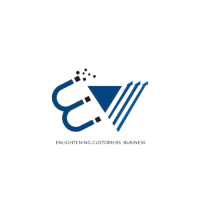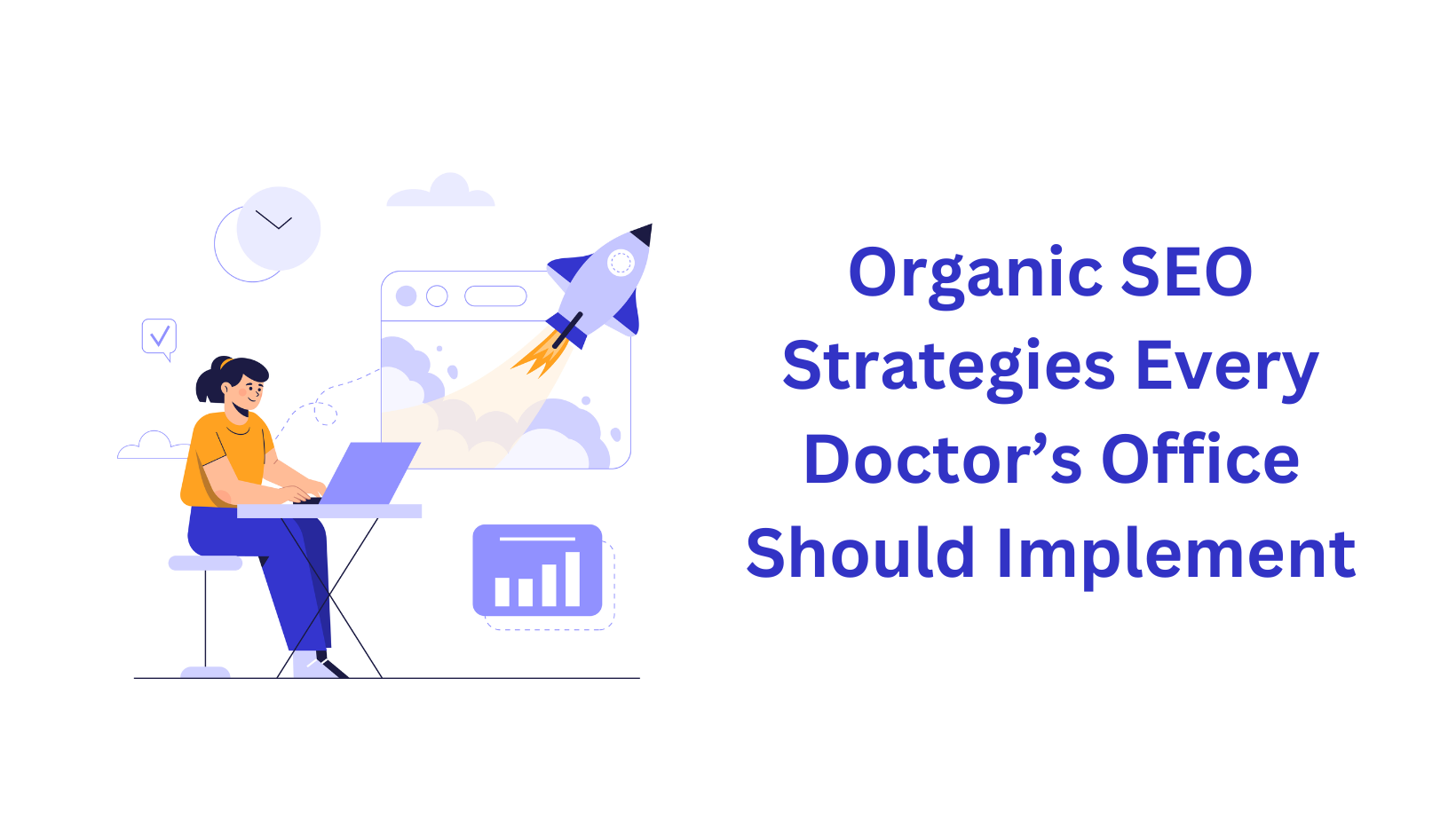Oxford’s Most Common SEO Mistakes and How to Avoid Them

SEO is not a guessing game. But for many Oxford businesses—especially those just stepping into the digital landscape—it’s often treated as one. Despite the abundance of free knowledge online, a surprising number of companies in Oxford continue to fall into the same SEO traps. Some are subtle missteps, others are glaring red flags, but the cost is always the same: lost visibility, traffic, and revenue.
So why do these mistakes persist? Because SEO is deceptively complex. It changes constantly, and what worked yesterday might silently kill your rankings today. In this investigative piece, we’re unpacking the most common SEO mistakes Oxford businesses make—and, more importantly, how to fix them before Google buries your site for good.
Overlooking Local SEO Signals
One of the biggest missteps we’ve seen among Oxford-based businesses is failing to leverage local SEO. Many assume that optimizing for general keywords is enough. But here’s the reality: if you run a boutique shop in Jericho or a dental practice on Cowley Road, your digital strategy should reflect your neighborhood.
Local SEO is about more than just adding “Oxford” to your homepage title. It involves:
1.Claiming and optimizing your Google Business Profile.
2.Collecting authentic reviews consistently.
3.Building local citations (and keeping them consistent).
4.Using structured data to help search engines understand your business type, location, and offerings.
Ignoring these signals means handing business over to your competitors—especially the ones that understand the value of being visible on "near me" searches.
Focusing Only on Keywords, Not Intent
Here's a hard truth: keyword stuffing died years ago, but its ghost still haunts many Oxford websites.
Too many businesses still produce blogs or landing pages jammed with exact-match phrases, hoping to game Google. But search engines have matured. They care far more about why someone is searching than just what they’re typing.
A user typing “best coworking spaces Oxford” may be looking to compare services, while another searching “rent desk in Oxford today” wants to take action. If your content doesn’t align with that intent—if it’s just keyword-fluff without real answers—you’re unlikely to rank.
Modern SEO is about serving needs, not stuffing words. Understand user psychology. Write for people, not algorithms.
Ignoring Mobile Performance
Oxford is a university town, buzzing with students, researchers, tourists, and entrepreneurs—many of whom live on their phones. Yet you'd be surprised how many local business sites still fumble on mobile.
Pages take forever to load. Buttons overlap. Text bleeds off the screen. It’s a mess.
Search engines now use mobile-first indexing. That means if your site underperforms on mobile, you’ll struggle to rank—period. And from a user’s perspective, a bad mobile experience isn’t just inconvenient; it’s a dealbreaker.
Invest in responsive design. Test obsessively on various screen sizes. Mobile optimization isn’t optional; it’s foundational.
Treating SEO as a One-Time Project
A quick burst of keyword updates, a few backlinks, and a refreshed homepage—done and dusted, right? Absolutely not.
Many Oxford business owners believe SEO is a checkbox activity. They hire someone for a few weeks, expect magic, and move on. But SEO is a process, not an event.
Google’s algorithms evolve. Competitors update their content. Consumer behavior shifts. If you’re not adapting in real-time, your website will stagnate—even if it once ranked well.
Ongoing SEO includes content updates, backlink audits, speed optimizations, schema tweaks, and performance monitoring. Set it and forget it? That’s how websites vanish from page one.
Buying Cheap Backlinks
If it sounds too good to be true, it probably is. Nowhere is this more applicable than in link building.
Oxford businesses are constantly targeted by spammy emails promising “100 high-quality backlinks for $49.” Tempting? Sure. Dangerous? Absolutely.
These links often come from low-quality, irrelevant websites—sometimes even from networks penalized by Google. The result? Your rankings can plummet, or worse, your site could get deindexed.
Instead, focus on earning links through genuine outreach, quality content, partnerships, and digital PR. It's slower, yes—but sustainable and credible.
Overlooking Technical SEO
You might have gorgeous visuals and poetic content—but if your site has broken links, crawling errors, or a chaotic structure, search engines won’t care.
Technical SEO is the engine under your site’s hood. When neglected, it causes crawl issues, duplicate content, slow loading speeds, and poor indexing
Common culprits include:
1.No XML sitemap.
2.Misused robots.txt files.
3.Lack of HTTPS encryption.
4.Broken internal links.
5.Missing canonical tags.
If you’re unsure whether these issues exist, a technical audit is not a luxury—it’s a necessity.
Using the Wrong CMS or Plugins
Not all content management systems (CMS) are built for SEO.
We’ve seen Oxford businesses invest heavily in websites built on obscure platforms or clunky custom CMS tools. The result? Every small SEO tweak requires a developer, and simple optimizations become expensive nightmares.
Even on WordPress—which powers a significant portion of Oxford’s small business sites—excessive or poorly built plugins can tank site speed and security.
Choose a CMS that’s SEO-friendly, widely supported, and flexible. Keep plugins lean. Always vet tools before adding them to your stack.
Neglecting Metadata
Title tags and meta descriptions may seem old-school, but they still play a huge role in click-through rates and rankings. And yet—many Oxford sites are filled with:
1.Duplicate titles across pages.
2.Auto-generated meta descriptions that read like gibberish.
3.Missing or generic metadata (“Home – Welcome”).
Think of metadata as your first impression in search results. Make it count. Each page should have a unique, compelling title and a meta description that encourages the user to click.
And no, it’s not about stuffing keywords—it’s about clarity and relevance.
Failing to Update Old Content
Many businesses spend time creating fresh content but let older posts and pages gather dust.
That’s a huge missed opportunity.
Search engines reward freshness—but they also respect depth and authority. Updating an older, high-performing blog with new data, internal links, or improved readability can give it a second wind.
In Oxford’s competitive sectors—education, tourism, professional services—this can make a visible difference.
Conduct a content audit every six months. Identify pages that can be refreshed, rewritten, or expanded. It’s cheaper than creating new content and often more effective.
Not Setting Clear SEO Goals
“We want to rank higher on Google” is not a strategy. It’s a wish.
Without clear SEO goals tied to business outcomes, many Oxford brands waste time optimizing for vanity metrics—like traffic spikes from irrelevant countries or keywords that don’t convert.
Real SEO strategy starts with intent:
1.Do you want more leads?
2.Are you targeting students, tourists, B2B clients?
3.Is your aim to dominate a niche or expand geographically?
Your content, link strategy, and technical work should all align with your answers. Otherwise, you’re just chasing shadows.
Poor Content Quality
Let’s address the elephant in the room: bad content.
It’s not about length. It’s not about keyword density. It’s about usefulness.
Far too many Oxford sites feature content that feels like it was written in a rush, for a robot, or by someone who doesn't understand the industry. That won’t cut it.
Google is getting smarter at spotting fluff. If your page doesn't answer real questions, solve real problems, or demonstrate real expertise—you're losing.
Invest in content written by people who know the domain. Be original. Say something worth reading. And make it enjoyable, too.
Forgetting the Power of Internal Linking
Everyone talks about backlinks. But internal links—linking between your own pages—are an underrated goldmine.
They help search engines understand your site structure. They guide users deeper into your content. They boost time-on-site and reduce bounce rates.
Yet many Oxford sites have orphan pages (no internal links) or link only from generic phrases like “click here.”
Instead, link naturally from descriptive anchor text. Use internal linking to establish topic clusters and signal which pages are most important.
Done right, it creates a self-sustaining ecosystem that strengthens your entire site.
Not Tracking the Right Metrics
You can’t improve what you don’t measure. And still, we see local businesses relying solely on traffic numbers or generic reports from outsourced providers.
1.What you really need to track:
2.Organic impressions and click-through rates.
3.Bounce rates and time on page.
4.Conversion rates from organic traffic.
5.Rankings for priority keywords.
Use tools like Google Search Console, Google Analytics, and reliable rank trackers. Set KPIs. Check them weekly. SEO is part art, part science—but both require data.
Relying Too Heavily on AI or Automated Tools
With the rise of AI tools, many businesses are tempted to auto-generate blogs, meta descriptions, or even full product pages.
Here’s the twist: Google isn’t inherently anti-AI. But it is pro-usefulness. If the output feels robotic, repetitive, or derivative, it won’t perform.
AI can assist—by outlining, brainstorming, or summarizing. But human input is critical for personality, insight, and trust. Don’t outsource your brand voice to a machine.
In Oxford’s diverse industries—where credibility matters—authentic, informed writing still wins.
Conclusion
Oxford’s digital landscape is brimming with opportunity—but only for those willing to play the SEO game smartly, not sloppily. These mistakes may seem minor in isolation, but together, they’re the silent killers of online growth.
Whether you're running a centuries-old bookstore or launching a disruptive fintech startup in the heart of the city, your online visibility matters. Avoiding these SEO missteps isn’t just about rankings—it’s about relevance, reputation, and results.
And if you’re ready to partner with a team that gets it—who knows Oxford’s pulse and Google’s language—you’ll find your answer in a trusted seo company in oxford.
Note: IndiBlogHub features both user-submitted and editorial content. We do not verify third-party contributions. Read our Disclaimer and Privacy Policyfor details.






